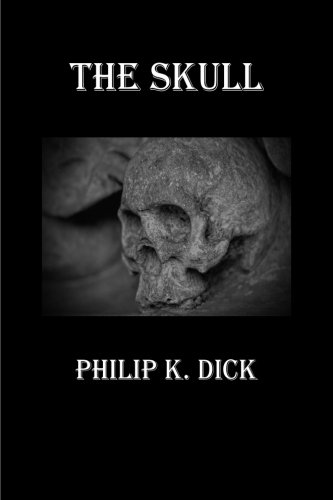What do you think?
Rate this book


30 pages, Paperback
First published September 1, 1952


What if he could see this, his own skull, yellow and eroded? Two centuries old. Would he still speak? [...] What would there be for him to say, to tell the people? What message could he bring? What action would not be futile, when a man could look upon his own aged, yellowed skull?This was so good that it simply made my day! Because in the end that's a question all of us (should) ask...

